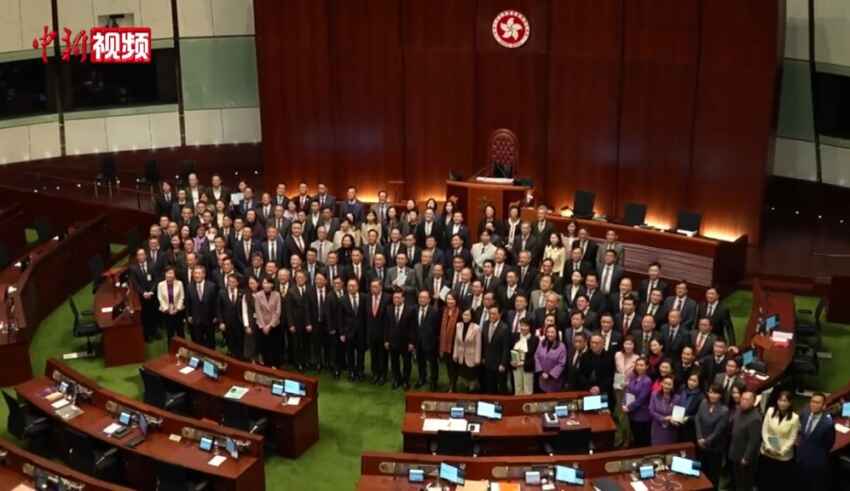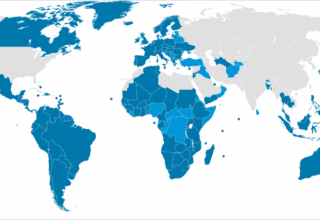
On March 23, 2024, the Hong Kong government enacted the Safeguarding National Security Ordinance, commonly referred to as Article 23. One year later, the far-reaching provisions of the Ordinance have become an unprecedented instrument of repression. One particularly controversial measure was originally introduced by Beijing’s National Security Law (NSL) and has now been extended to Article 23 offenses. It implies that bail may not be granted in national security cases. This legislation has encouraged the authorities to further erode freedoms in Hong Kong.
When Hong Kong transferred from British rule to Chinese sovereignty in 1997, the Basic Law granted the city autonomy in national security legislation under Article 23. However, with the enactment of Article 23 in 2024, the government’s powers were drastically expanded. It adopts China’s far-reaching definitions of “national security” and “state secrets” and enables the prosecution of far-reaching violations. The law introduces criminal offences such as “foreign interference” and punishes cooperation with foreign organizations with sentences of up to 14 years. Residents are now required to report suspected treason offenses, creating an environment of mutual surveillance. In addition, the law targets activists abroad and allows the government to punish “absconders” through measures such as passport revocation and occupational bans, heightening fears of repression both within the country and globally.
Article 23 has always been a controversial issue due to its restriction of human rights and the effort to introduce it in 2003 failed due to strong protests. Hong Kong in 2024, however, is a very different country: the National Security Law has almost completely silenced the voices of the opposition. Many activists, journalists and opposition politicians have been arrested, others have fled.
Since its introduction, Article 23 has been used by the Hong Kong government as a tool to suppress dissent, giving the authorities sweeping powers to detain and prosecute people who express critical views. It is not uncommon to see cases where people have been given sentences ranging from months to over a year for seemingly minor acts, such as wearing clothing with protest messages or writing slogans on public property. Supporters of the law, however, claim that it has strengthened national security and led to greater social cohesion as it only affects a small group that is considered a security risk.
The actions in Hong Kong have triggered international reactions. Countries such as the US, the United Kingdom and Canada have imposed sanctions. These include the revocation of trade agreements and the introduction of measures to support Hong Kong residents and its youth. However, global reactions remain divided – while some countries have condemned the National Security Law, others, particularly those associated with China’s Belt and Road Initiative, have voiced their support for the law at the United Nations. These developments have dampened hopes for full democracy in the city. The escalating tensions reflect the overall struggle for Hong Kong’s autonomy under the “one country, two systems” concept through Beijing’s increasing control.
By The European Institute for International Relations















